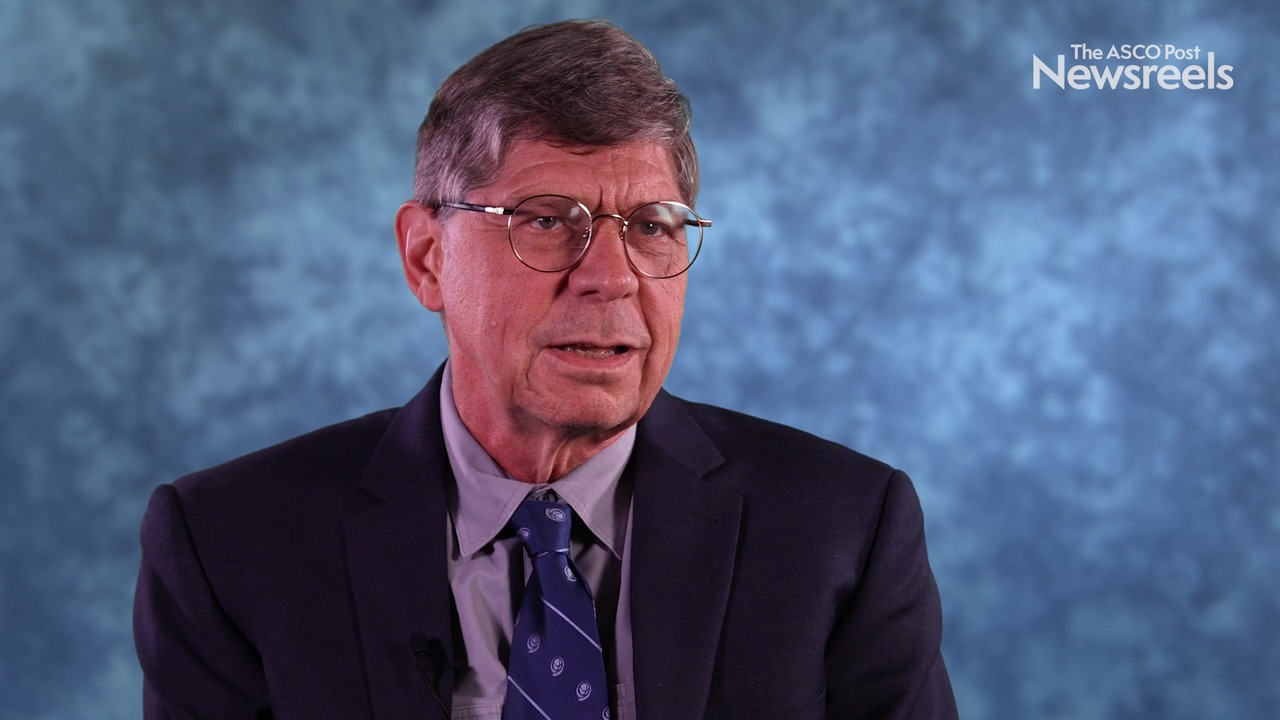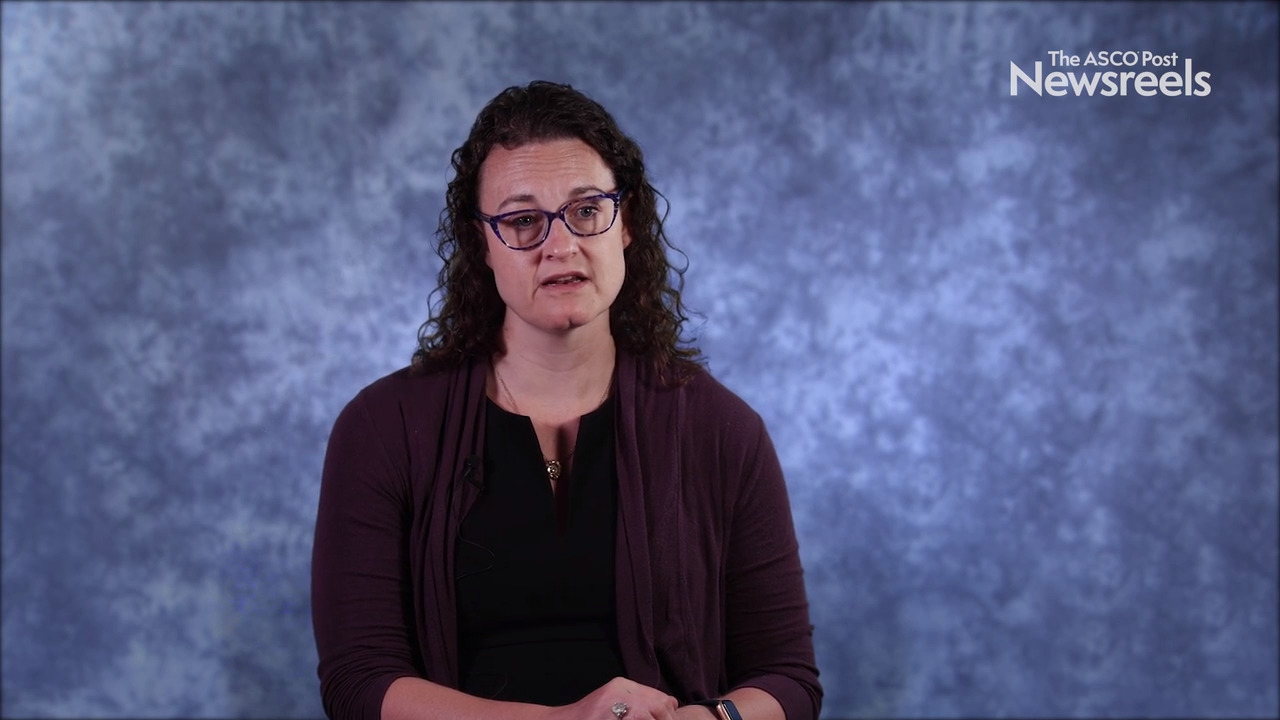Katherine E. Reeder-Hayes, MD, MBA, on Geography, Breast Cancer Treatment, and Racial Disparities
2021 ASCO Quality Care Symposium
Katherine E. Reeder-Hayes, MD, MBA, of the University of North Carolina at Chapel Hill, discusses the timeliness of breast cancer care for Black women compared with non-Black women in North Carolina. Her data showed that greater geographic variation exists in the timeliness of breast cancer care for Black women, with regions surrounding larger urban centers having the largest disparities.
The ASCO Post Staff
John V. Cox, DO, MBA, of The University of Texas Southwestern Medical Center, summarizes his Joseph V. Simone Lecture, in which he stressed the need for coordinated care among practices. The concept of oncology medical homes, he says, has evolved to a broader-based model in which oncologists cooperate with other practices to manage patients and their comorbidities with optimal outcomes. Professional organizations such as the American College of Physicians and ASCO can provide clinicians with the tools they need to engage in this future of health care.
The ASCO Post Staff
Courtney Williams, DrPH, of the National Cancer Institute, discusses the costs associated with cancer survivors who don’t take their medications and cites the need for research to better understand whether residing in an urban or rural area may affect prescription adherence, and what interventions might help increase drug adherence and improve health outcomes.
The ASCO Post Staff
Benjamin W. Corn, MD, of Shaare Zedek Medical Center in Jerusalem, discusses hope: what it takes for hope to thrive; how he and his colleagues are helping patients and providers become more hopeful through workshops; and his collaboration with the Southwest Oncology Group to aid patients, through hopefulness, to better adhere to treatment regimens.
The ASCO Post Staff
Sarah S. Mougalian, MD, of Yale Cancer Center, discusses the increasingly common problem of long wait times for access to oncology care. Her team developed a next-day access program in several of Yale’s oncology services, which was well received by patients and decreased the time to first visit.
The ASCO Post Staff
Aakash Desai, MPH, MD, of the Mayo Clinic in Rochester, Minnesota, talks about the urgent need for drug pricing reform, given the average expenditure of Medicare part D, and the ultimate out-of-pocket costs for patients with cancer. The promise of precision oncology will fail, says Dr. Desai, if we fail to bring the right drugs to the right patient at the right time, with the right price.





